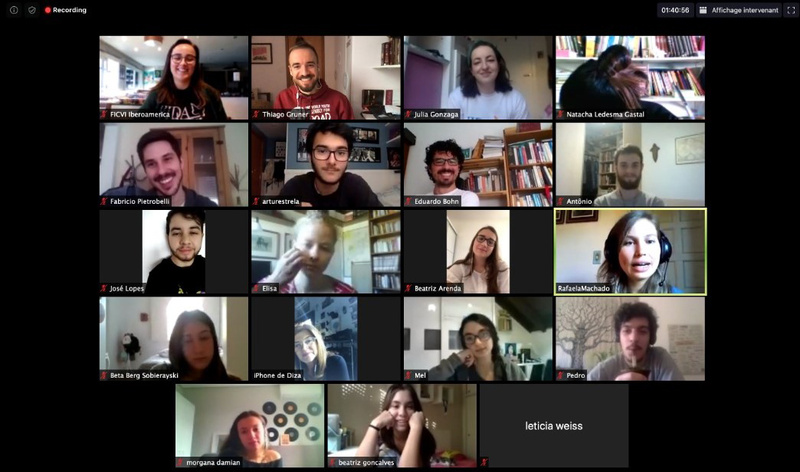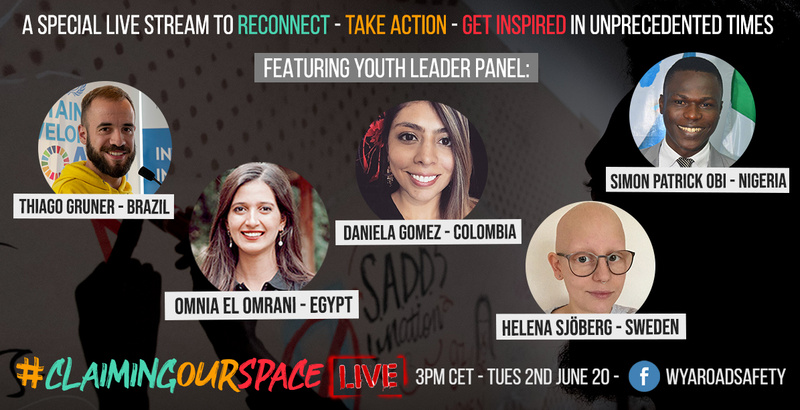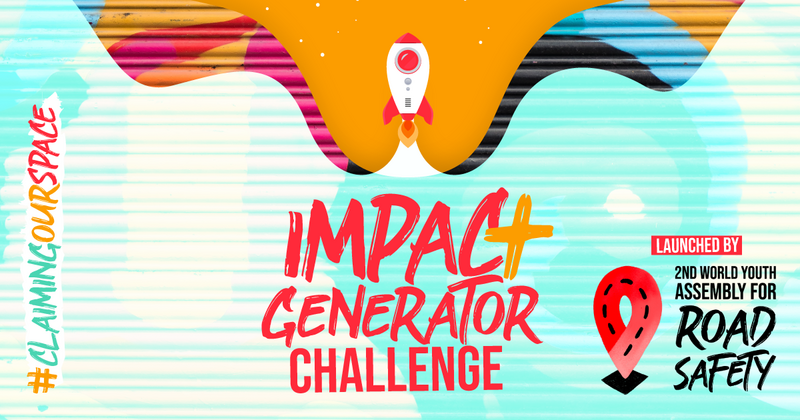
Vida Urgente youth gather online to promote the Global Youth Statement
More than ever, it is necessary to preserve LIFE. So, from their homes, Vida Urgente young volunteers gathered for, “Youth Statement: Youth Vida Urgente and the Future of Mobility”.
More than 20 participants were present at the online event representing many schools and other local movements. They were all in the youth consultations held by the Thiago Gonzaga Foundation in preparation for the 2nd World Youth Assembly for Road Safety, last year.
At the meeting, Vida Urgente volunteers Thiago Gruner and Julia Gonzaga, and special guest Rafaela Machado, from iRAP, shared their experiences from the WYA and presented the details of the Youth Statement, showing how the consultations had an impact on the final document. The idea was also to reflect on this moment of fighting the pandemic and its consequences on mobility, as well as to come together to think how young people can keep the momentum created by the WYA going.
“I left the assembly very energized. Our mission is to take that energy now to our projects and save lives”, said Rafaela.

“There are many voices, one global statement. It is time for leaders and decision-makers to realize that youth is part of the solution, not the problem. We must keep claiming our space”, argues Thiago, who was co-chair of the 2nd WYA held in February, in Sweden.
The chat also included the Caminho Seguro project, developed by the Thiago Gonzaga Foundation in partnership with the Porto Alegre City Hall and iRAP which was the first in Brazil to apply the Star Rating For Schools methodology; the youth perspectives on mobility on the aftermath of the Covid-19 pandemic; and the importance of putting gender in the road safety agenda. “At the assembly, I heard a lot of girls who felt like us, Brazilian women. We cannot perpetuate the idea of transportation being gender-neutral. We want a real change”, explained Julia.
Youth participation is in the Thiago Gonzaga Foundation’s DNA, which turned 24 this May. “If we don’t dream, we don’t go forward. That’s why I ask all of you, young people, to dream, dream a lot!”, concludes Diza Gonzaga, founder of the Thiago Gonzaga Foundation and the Vida Urgente program.














